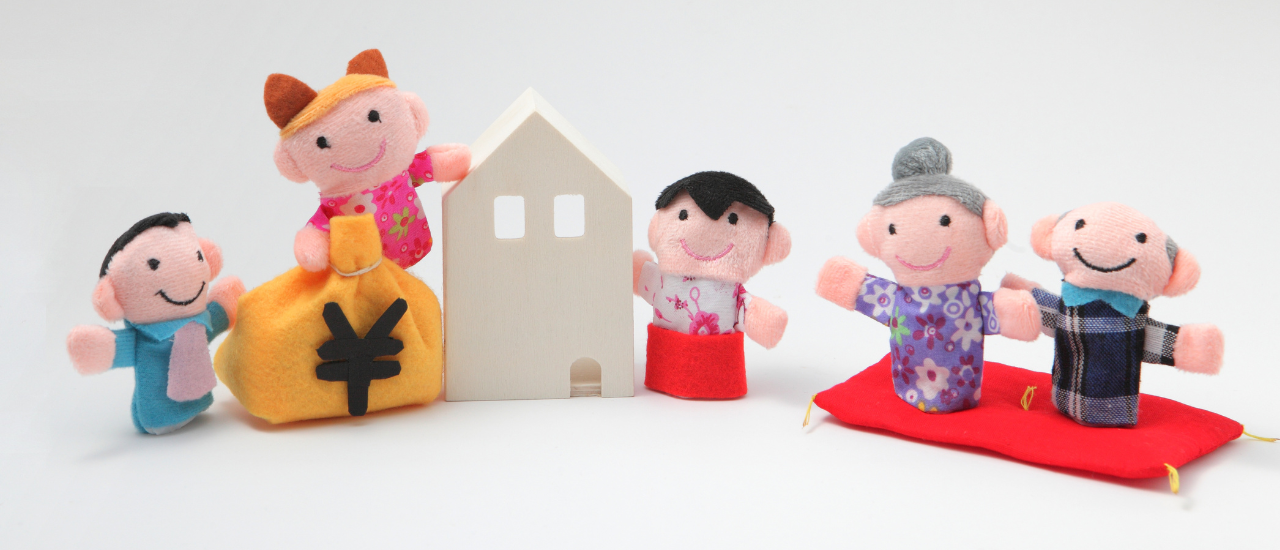What counts as a gift for inheritance tax purposes? Small gifts explained

Inheritance Tax is the levy placed by the government on the possessions left over by a deceased individual. This is a controversial topic of discussion politically, due to the rate and nature of the tax, and it can become rather complex due to the number of rules in place. However, there are several ways to effectively mitigate the bill without drastic financial planning.
There are exceptions and reliefs available under certain conditions; there is no inheritance tax on the value of the estate up £325,000, which can increase to £500,000 if your home is passed on to your children/grandchildren. Additionally, you can pass on your estate to your spouse entirely IHT free, as well as pass on any unused threshold to be added to your partner’s estate.
Anything left in your estate above the threshold is taxed at 40%. To mitigate this, you can give away your estate in the form of gifts- gifts would include anything in the form of money, goods, stocks & shares, or land & buildings. However, these may be subject to IHT in a tapered fashion if they are given away within 7 years of death and do not fall within in your yearly allowances:
- Annual exemption: you can give away tax free up to £3,000 in gifts every tax year under your annual exemption, which can be carried forward for a maximum of 1 year.
- Small gift allowance: this enables you to give as many people as you like a maximum of £250 per tax year in gifts.
These allowances apply to money that you draw from your capital reserves- wealth that has accumulated over your lifetime. However, there is another way to mitigate the impact of inheritance tax, through your regular income. This avenue does not have any yearly restrictions or allowances, and therefore could effectively act as an unlimited exemption. These are known as “regular payments” and they are not subject to IHT, even if they are made within 7 years of passing. There are 3 criteria that need to be met:
- Regularly made payments: the payments must come in the form of a regular pattern of giving, and therefore cannot apply to one-off-gifts.
- Payments made from monthly income: the payments must not be a drawing upon capital reserves- income becomes classified as this once it has been unspent for 2 years. As such, these payments need to be made from income that you are actively receiving, for example from rental or pension income.
- Provision must not make the provider out-of-pocket: it needs to be provable that payments are being made from excess income, in which parting with would not leave the gift giver in a worsened standard of living. In order to prove that the gifts are reasonable, it may be smart to draft up monthly income against monthly expenditure to work out a monthly surplus that you could reasonably give away, leaving you with enough to live on. This would prove that these payments are not a drawing on your capital reserves, and therefore not subject to IHT.
In this way, instead of letting money sit and become capital reserves, only to be subjected to 40% tax upon death, you can pass it on tax free while it still counts as regular income. Overtime, this could result in significant tax savings for your loved ones.

If you have any questions or require any advice specific to your circumstances, please contact us at PJCO. You can book a free discovery call by clicking the link below!
Please get in touch on 01273 441187 or book a discovery call with one of our expert accountants.
Contact

You May Also Like…







